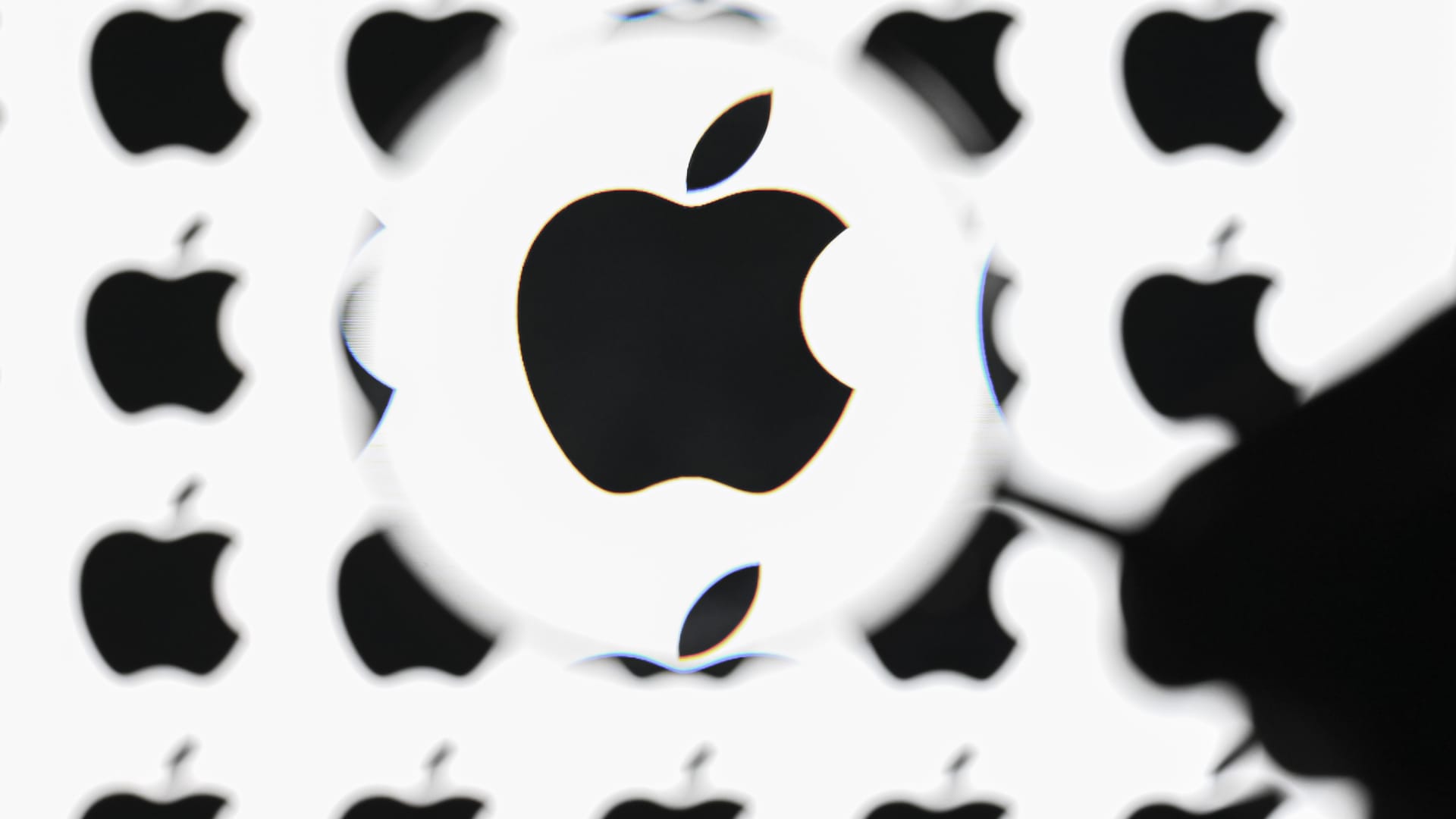Apple suppliers’ shares have come under pressure over forecasts for weak demand from the iPhone maker this year. That follows Apple’s shares falling 3.6% on Tuesday after Barclays downgraded Apple’s stock to a sell-equivalent rating. The Wall Street bank cited lower iPhone 15 sales, which is meant to signal a softening of demand for the yet-to-be-released iPhone 16. As the world’s most valuable company with more than $380 billion in annual sales, any drop in demand will be felt across the company’s supply chain worldwide. The table below lists the Apple suppliers whose shares trade highly correlated to Apple’s own, according to data from FactSet. That means those stocks win when Apple shares rise and lose when the iPhone maker falls. A correlation of 1 suggests that when Apple’s share price rises, the supplier’s stock should also increase by the same proportion. Conversely, a correlation of -1 would indicate that when the supplier’s stock rises, Apple’s shares fall by the same proportion. Investors should note that future returns can be uncertain as the correlation analysis relies on historical stock price performance and company disclosures of their relationship with Apple.
This website uses cookies so that we can provide you with the best user experience possible. Cookie information is stored in your browser and performs functions such as recognising you when you return to our website and helping our team to understand which sections of the website you find most interesting and useful.





















Discussion about this post